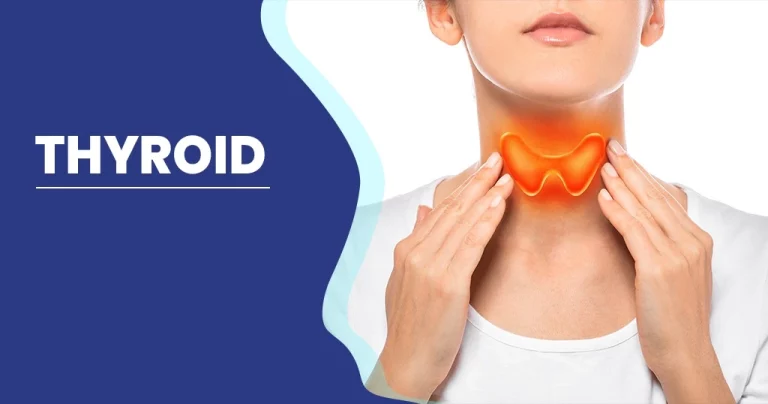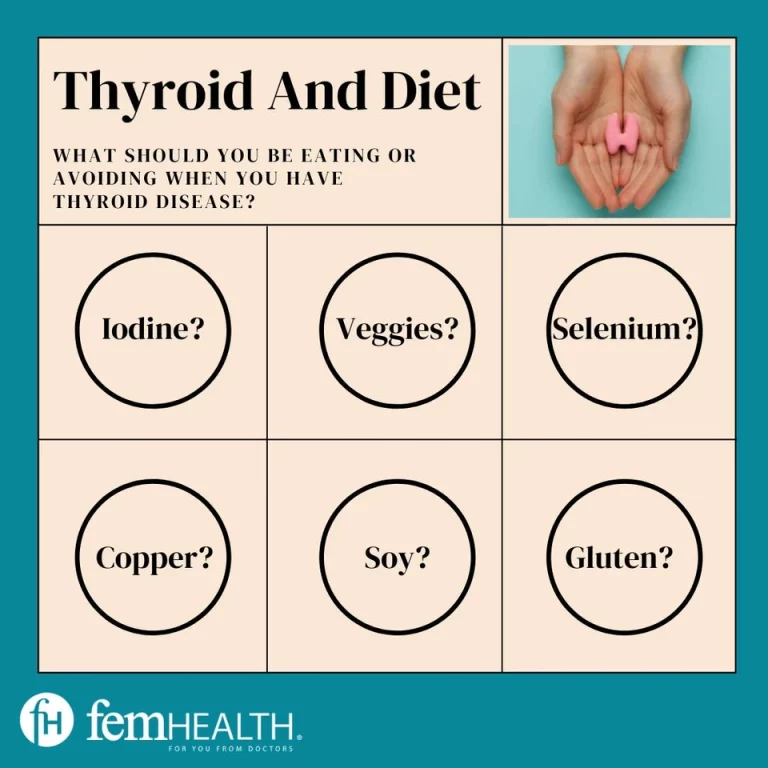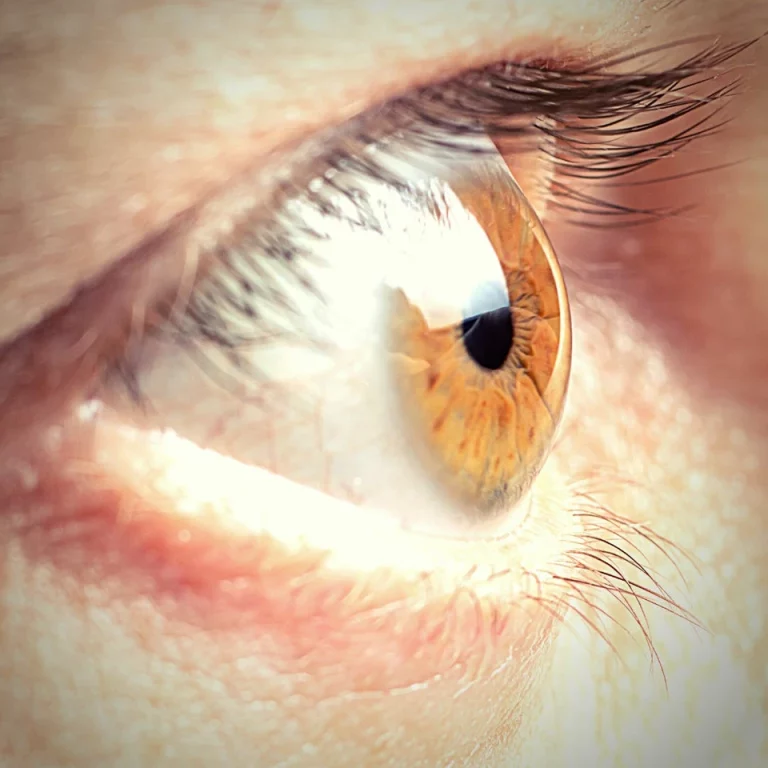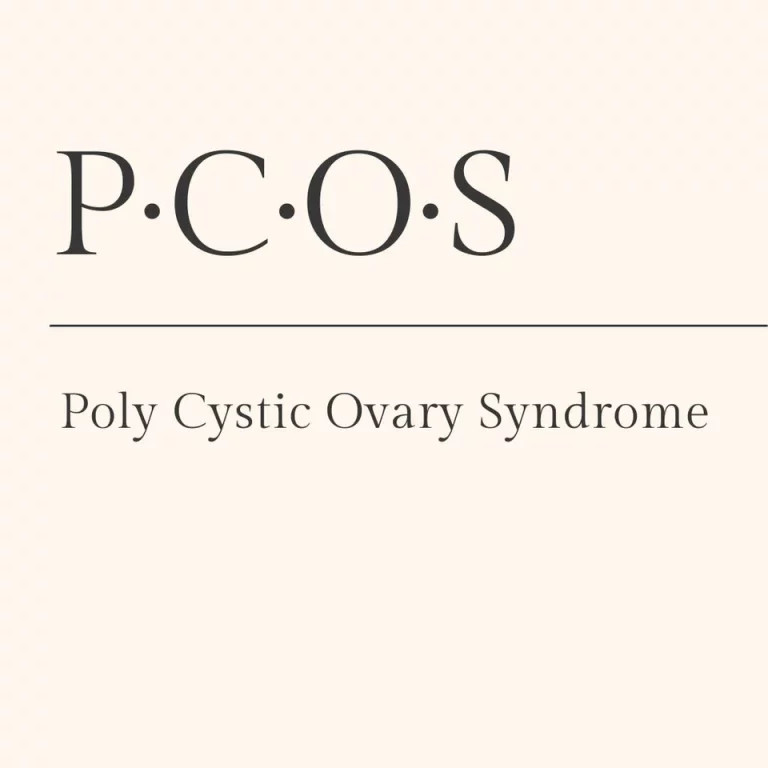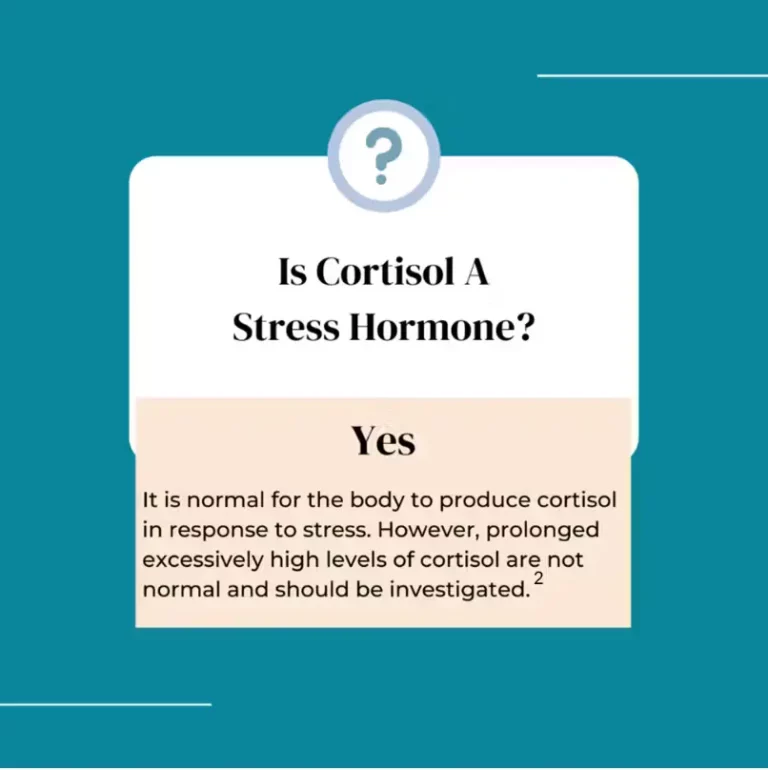Symptoms Of An Overactive Thyroid (Hyperthyroidism Symptoms)
Hyperthyroidism, also known as “overactive thyroid”, is a condition where the thyroid gland makes too much thyroid for what your body actually needs. This will alter the body’s organ functions and generally push them to work too intensely (1).
What Is The Thyroid?
The thyroid is a small gland located in the front of the neck. It makes thyroid hormones that can help control how your body uses energy. Since every part of the body uses energy, thyroid hormone plays an important role in the function of almost every organ, including the heart, brain, liver, kidneys, and skin (1,2).
General Overactive Thyroid Symptoms
- Nervousness or anxiety
- Irritability
- Weight loss
- Trouble sleeping
- Low tolerance to heat
- Enlarged thyroid gland
Gastrointestinal And Urinary Symptoms
- Frequent bowel movements
- Mild renal damage
Cardiovascular
- Fast heart rate (tachycardia)
- Palpitations
What causes hyperthyroidism?
Grave’s Disease
The most common cause of hyperthyroidism is Grave’s Disease. It is an autoimmune disorder where the thyroid is attacked by your immune cells and is stimulated to produce too much thyroid hormone (1,2).
Overactive thyroid nodules
Nodules are lumps in the thyroid that are generally benign and not cancerous. However, if the nodules are overactive, as in the case of a single toxic nodule or a toxic multinodular goiter, these can lead to too much thyroid hormone in the circulation (1).
Thyroiditis
The thyroid gland usually makes enough hormone to send out into the body, plus enough to store. Thyroiditis is a condition where an infection can cause the thyroid gland to leak out the thyroid hormone that it normally stores, raising thyroid hormone levels in the bloodstream (1,2).
Too much iodine
The thyroid gland needs iodine to make thyroid hormone. Having too much iodine in the diet can cause or worsen hyperthyroidism in an already susceptible gland.
Do I Have Hyperthyroidism?
Since the symptoms of hyperthyroidism can potentially overlap with hypothyroidism, other endocrine diseases, or even non-endocrine causes, the best way to know if you have hyperthyroidism is to visit your primary care physician or an endocrinologist. By reviewing your blood work and listening to your history, they can accurately diagnose and recommend a plan of
care or follow-up.
What blood work is needed to test for hyperthyroidism?
Related: Thyroid Symptoms In Female – Underactive Vs Overactive
TSH (thyroid stimulating hormone)
TSH is a stimulating hormone released by the pituitary gland. It binds to your thyroid cells and stimulates it to release thyroid hormone. If TSH levels are low, it could (in combination with a high thyroid hormone level) indicate hyperthyroidism since high thyroid hormone levels will cause the pituitary to release less TSH (2).
T4 and T3
T4 and T3 are your thyroid hormones. T4 is the one that is primarily checked, and if its levels are abnormally raised*, it indicates hyperthyroidism (2). It is important to note that since the “normal” levels of T3 and T4 fall in a very wide range, individuals can have varying definitions of what a “normal” or “abnormal” level is for them.
TSH Receptor Antibodies
Thyroid stimulating immunoglobulin (TSI) is the specific TSH receptor antibody that sticks to thyroid cell receptors and activates them, causing hyperthyroidism in Grave’s Disease. If there are elevated levels of TSH receptor antibodies present in the bloodstream, specifically TSIs, this turns on the thyroid and causes it to grow and secrete too much thyroid hormone.
Hyperthyroidism Treatment
Hyperthyroidism is treated differently in each individual, depending on the cause and severity. Your primary care physician or endocrinologist will obtain your medical history, blood tests and thyroid imaging to recommend a plan of care.
Thyroidectomy
Thyroidectomy is a surgery that can be partial (removing a part of the thyroid) or total (removing the whole thyroid).
Antithyroid medication
Medications such as methimazole or propylthiouracil can be administered to block the thyroid gland’s ability to make new hormones.
Radioactive iodine
Radioactive iodine can be administered orally as a small capsule. Since the thyroid needs iodine to make more thyroid hormone, it takes up this oral iodine laced with radioactivity, which then destroys the cells that take it up and prevents them from making more hormone.
1. https://www.niddk.nih.gov/health-information/endocrine-diseases/hyperthyroidism
2. https://www.thyroid.org/hyperthyroidism/
3. Sönmez E, Bulur O, Ertugrul DT, Sahin K, Beyan E, Dal K. Hyperthyroidism influences renal function.
Endocrine. 2019 Jul;65(1):144-148. doi: 10.1007/s12020-019-01903-2. Epub 2019 Mar 23. PMID:
30904999.
4. Reid JR, Wheeler SF. Hyperthyroidism: diagnosis and treatment. Am Fam Physician. 2005 Aug
15;72(4):623-30. PMID: 16127951.
We discuss products we think are useful to people. If you buy something through our links, we may earn a commission. Remember to check with your personal physician to see if a product recommended is right for you.



